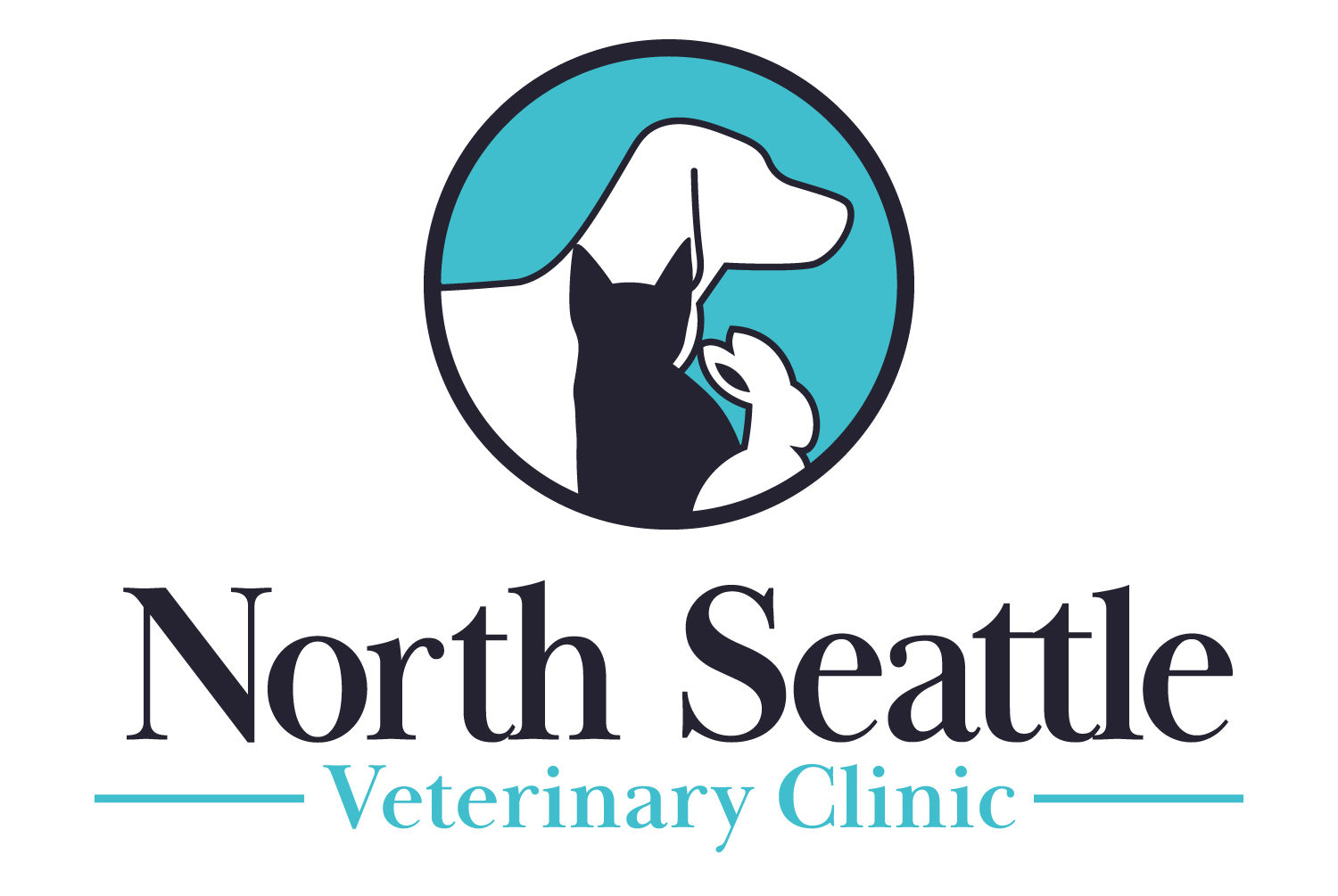Thank you for your interest in the North Seattle Veterinary Clinic!
DOGS AND CATS:
Due to an increase in demand for existing client appointments and limited staffing, we are booked out at least 30 days for any new client appointments for dogs and cats. We apologize that we are not able to accommodate new client appointment requests any sooner. If your pet has a medical issue, we recommend contacting one of the local emergency vet hospitals or walk-in appointment clinics to be seen in a timelier manner.
SMALL MAMMALS:
If you have a rabbit, guinea pig, or other pocket pet with a health concern, please call us at 206-523-7187 and we will do our best to fit you in as soon as possible. We booked out at least 30 days for general wellness exams to establish care.
We require an $85 deposit due at the time of booking all new client appointments. Please be advised, we are currently doing curbside check-in, so we will ask you to wait in your car while your pet is brought into the clinic for the appointment and all contact with the doctor will be over the phone or video conference.
If you would like to book an appointment for your dog or cat call our main number at 206-523-7187.
